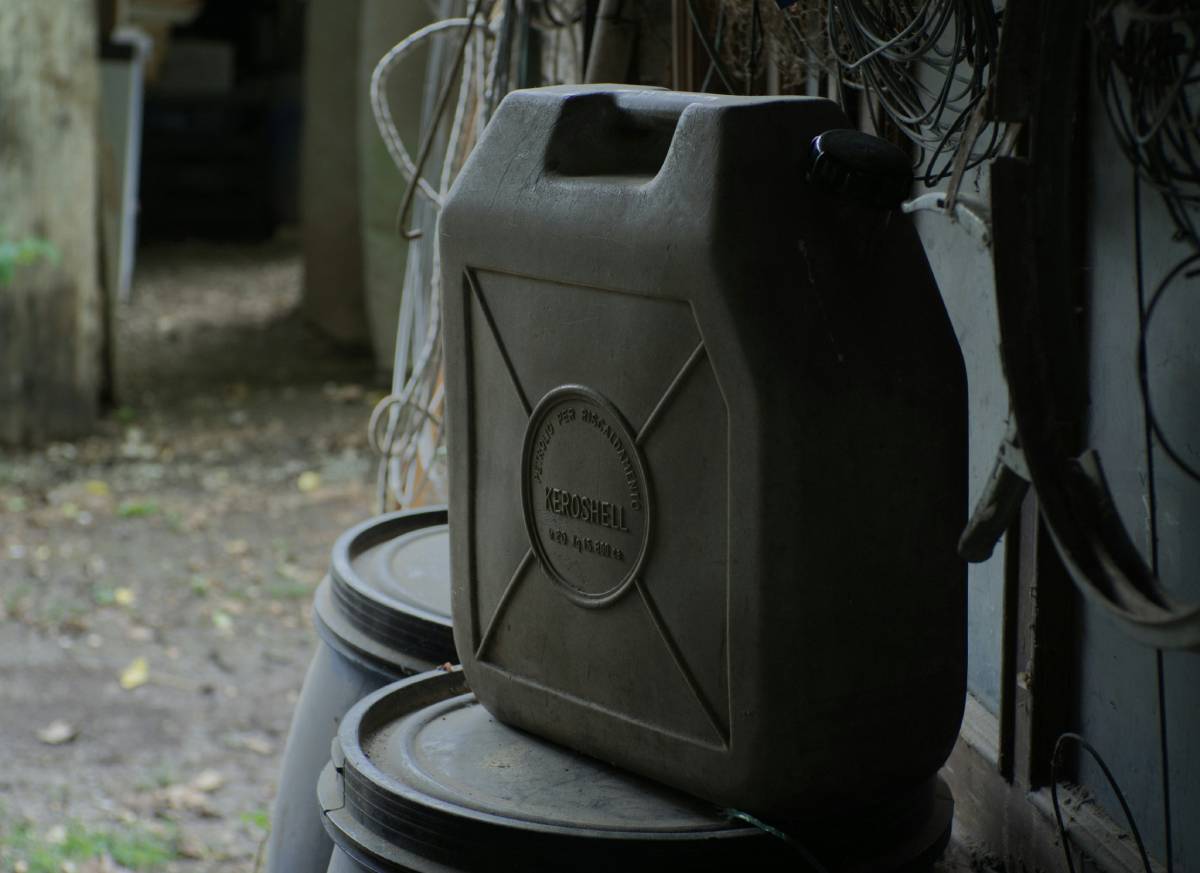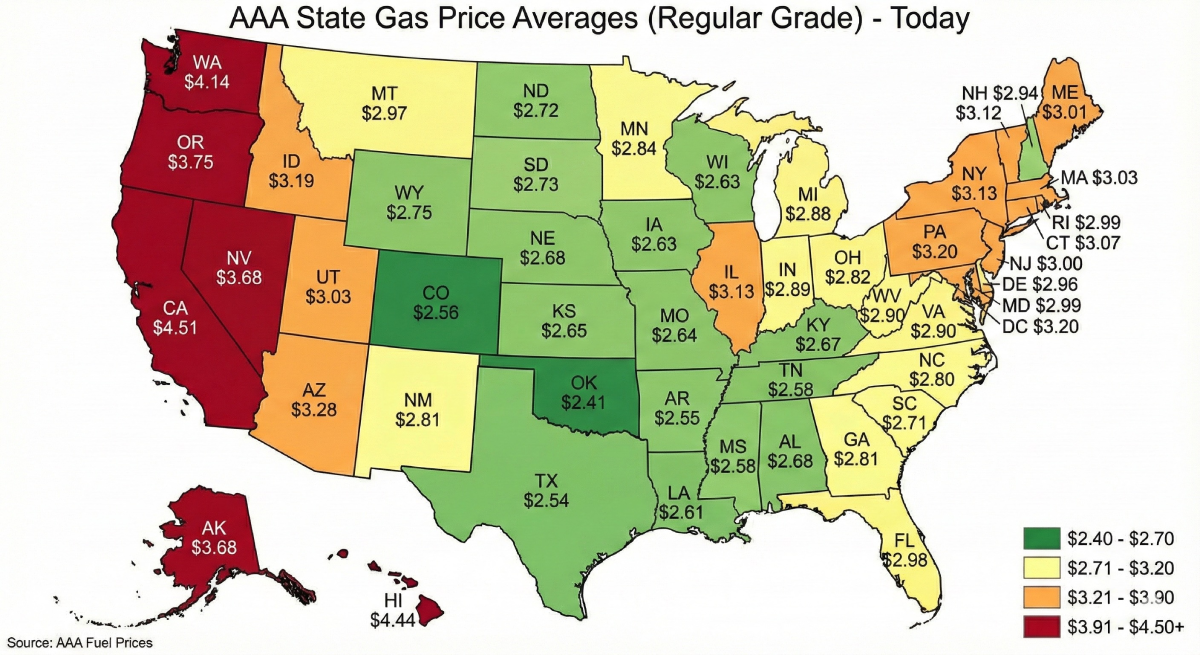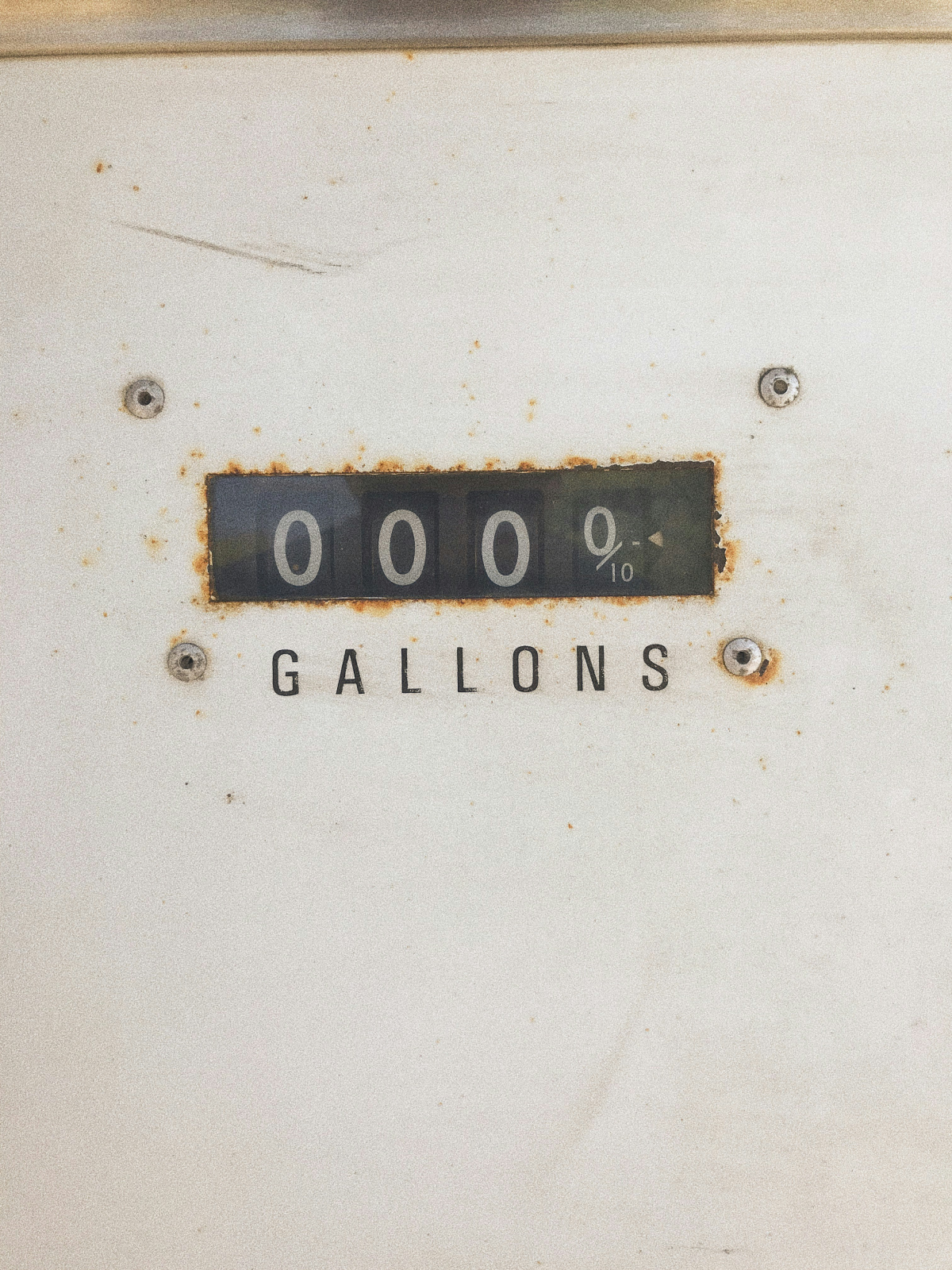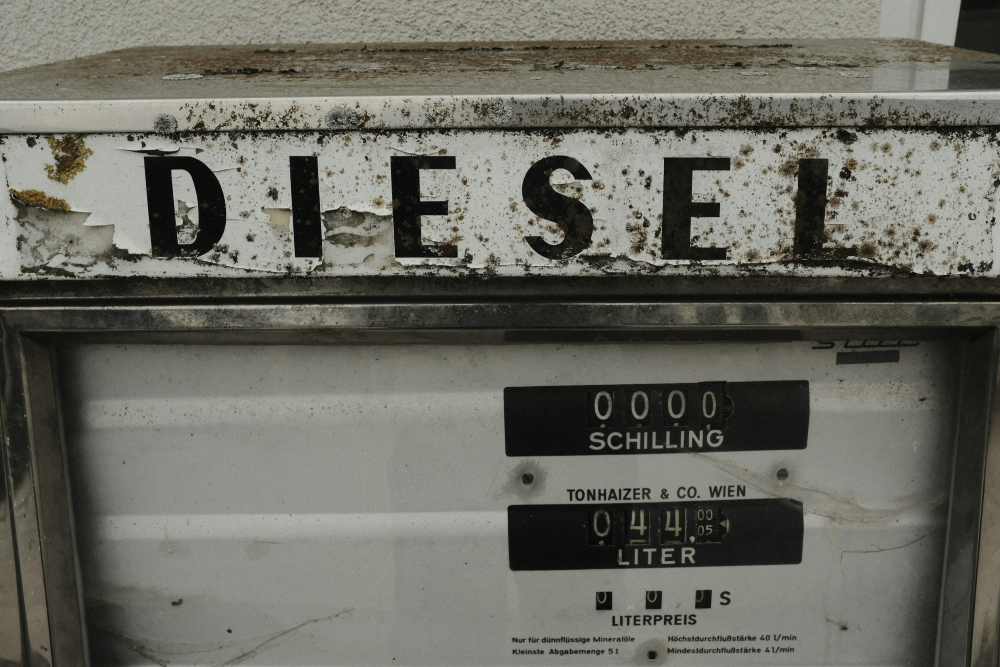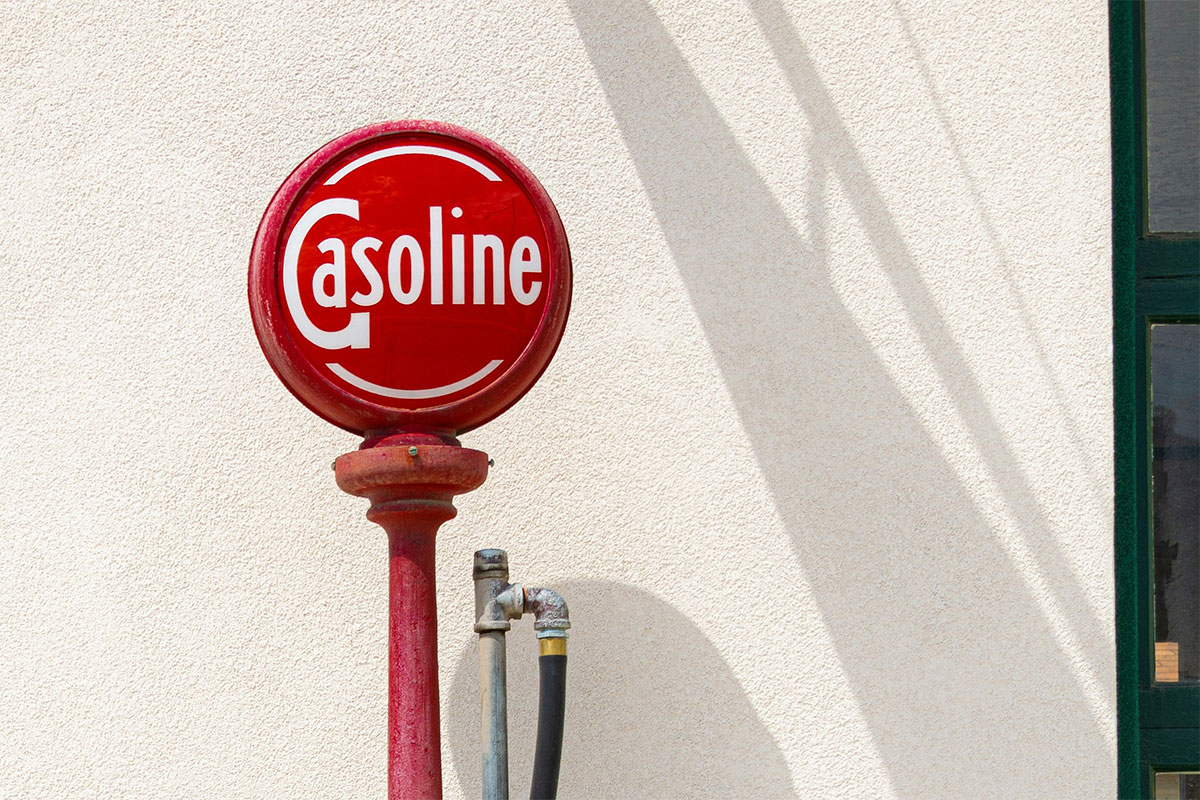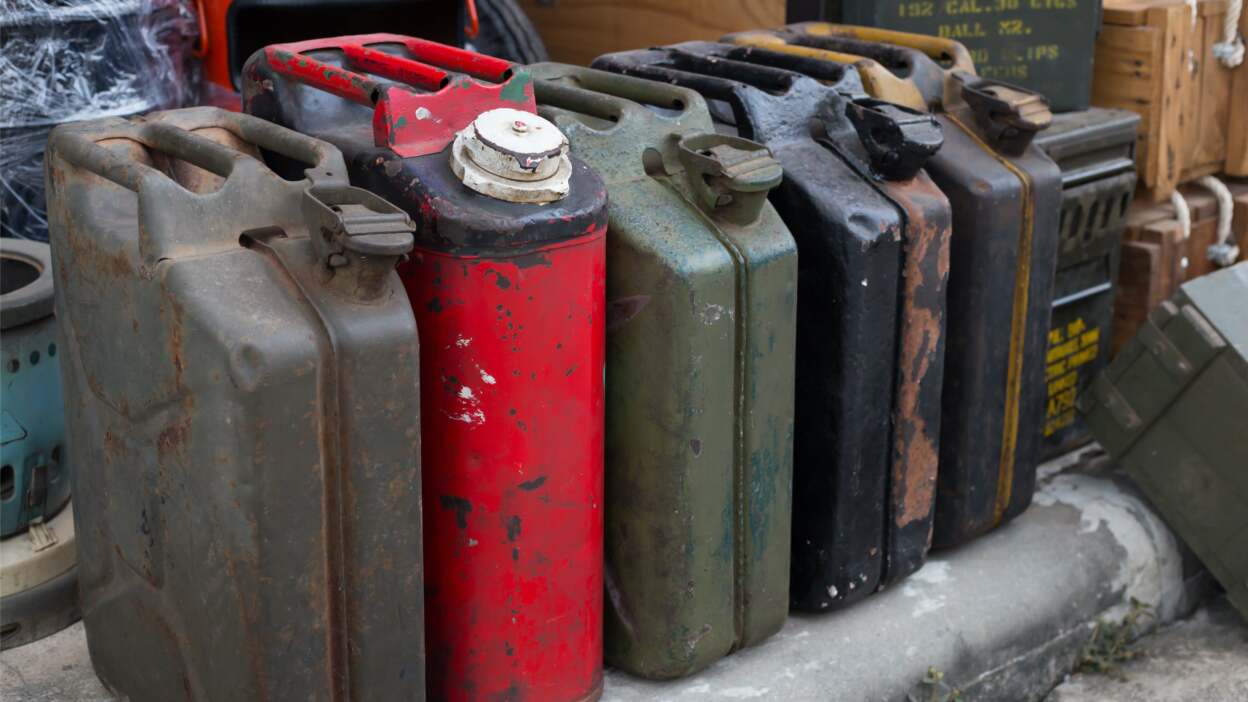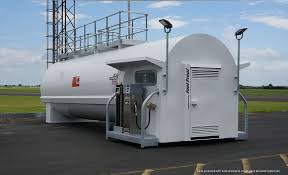Key Takeaways
- Use 6.2lbs as gasoline weight per gallon, a practical answer to how much does a gallon of gas weigh.
- Temperature changes volume and weight of gasoline per gallon, so check conditions when estimating gallon of gas weight.
- Diesel is heavier than gasoline, which clarifies how many pounds is a gallon of gas versus diesel in planning.
- Ethanol blends slightly increase the weight of gasoline, while energy per gallon can drop, affecting range and hauling choices.
- For quick math, multiply gallons by 6.2 to answer how much gas weighs per gallon fast and safely.
Table of Contents
How Much Does A Gallon Of Gas Weigh
At 60F, typical gasoline weight per gallon averages about 6.2lbs. The weight of gasoline per gallon shifts with refinery recipes and seasons. Winter blends differ from summer blends, changing gasoline weight slightly. These facts answer how much does a gallon of gasoline weigh for most daily uses, keeping calculations simple and consistent.
Real tanks are warmer or cooler, so how much a gallon of gas weighs varies a little. Ethanol in blends raises gas weight per gallon slightly. For quick estimates, multiply volume by 6.2. This anchors gallon of gas weight decisions and clarifies how many pounds is a gallon of gas for safe handling.
What Does A Gallon Of Gasoline Weigh In Pounds
A gallon measures volume, while a pound measures weight. At 60 degrees Fahrenheit, a gallon of gasoline weighs slightly over six pounds. To visualize this, imagine a heavy book, or consider that two gallons would feel like a small bowling ball, giving a practical sense of gasoline’s weight.
Precise calculations depend on the specific fuel blend and temperature. Professionals adjust for temperature variations in volume and then apply density to determine the exact weight per gallon of gasoline. For general consumer use, 6.2 pounds per gallon provides a reliable estimate for planning trips and tasks.
Does A Gallon Of Water Weigh More Than A Gallon Of Gasoline
Yes. Water weighs about 8.3lbs per gallon. That is heavier than gasoline weight per gallon which is near 6.2lbs. So water is heavier than the weight of a gallon of gas. Gasoline floats on water because it is less dense, which responders observe during cleanup.
Density explains why a gallon of gasoline weighs less than water. Hydrocarbon molecules pack less mass in the same space.
Need a quick way to estimate gasoline weight for your trip or haul?
Enter your tank size in gallons and see the weight in pounds or kilograms instantly. Optional temperature input shows how density changes from the 60°F baseline so you can stay under payload and GVWR limits with confidence.
How Much Does Gas Weigh Per Gallon In Different Conditions
Temperature causes changes. When fuel is warm, it expands, causing the gasoline weight per gallon to drop slightly. Conversely, cold fuel contracts, meaning the weight of gasoline per gallon rises slightly. Altitude doesn’t have a significant direct impact in sealed tanks. These minor shifts answer how much does a gallon of gas weigh on hot days and cold mornings.
The industry adjusts observed volume to sixty degrees and then multiplies by density. This gives a fair gallon of fuel weight for commercial purposes. This standard allows teams to compare different locations and seasons, and it stabilizes answers to how much does gas weigh per gallon across various climates and fuel blends.
How Much Does A Gallon Of Gasoline Weigh Compared To Diesel
Diesel is denser than gasoline. At sixty degrees, diesel weighs close to seven pounds per gallon, while gasoline weight per gallon is around 6.2 pounds. This difference explains varying vehicle range and pulling power, and helps in understanding how many pounds is a gallon of gas compared to diesel during planning.
For industries like trucking and construction, a higher diesel gallon of fuel weight significantly impacts payload calculations. The contrast with the weight of a gallon of gas influences axle limits and route decisions, practically addressing what does a gallon of gas weigh versus diesel.
Planning payloads where gasoline weight could affect axle limits?
Grab a simple cheat sheet that converts common tank sizes from gallons to pounds. It also contrasts gasoline and diesel so you can balance cargo smarter and avoid weigh station surprises.
How Much Does 5 Gallons Of Gas Weigh
Using the constant 6.2lbs. Five gallons will weigh 31lbs, this answers how much does 5 gallons of gas weigh. If you add can weight you have the real weight of the gallon of gas you lift into a trunk.
The weight of gasoline is crucial for small boats and generators, impacting balance and platform limits. Knowing how much does gasoline weigh per gallon ensures safe handling, offering confidence in how many pounds is a gallon of gas when transporting fuel.
How Much Does 100 Gallons Of Gas Weigh For Transport Or Storage
A gallon of gas weighs about 6.2lbs, meaning 100 gallons weighs roughly 620lbs. This addresses how much does a gallon of gas weigh when considering larger quantities. Remember to factor in the tank and trailer mass for total weight and secure loads for safe travel. Understanding gasoline weight by gallon is vital for commercial users for spill control, vents, expansion space, and inventory with temperature correction, making what does a gallon of gas weigh a key part of sound logistics.
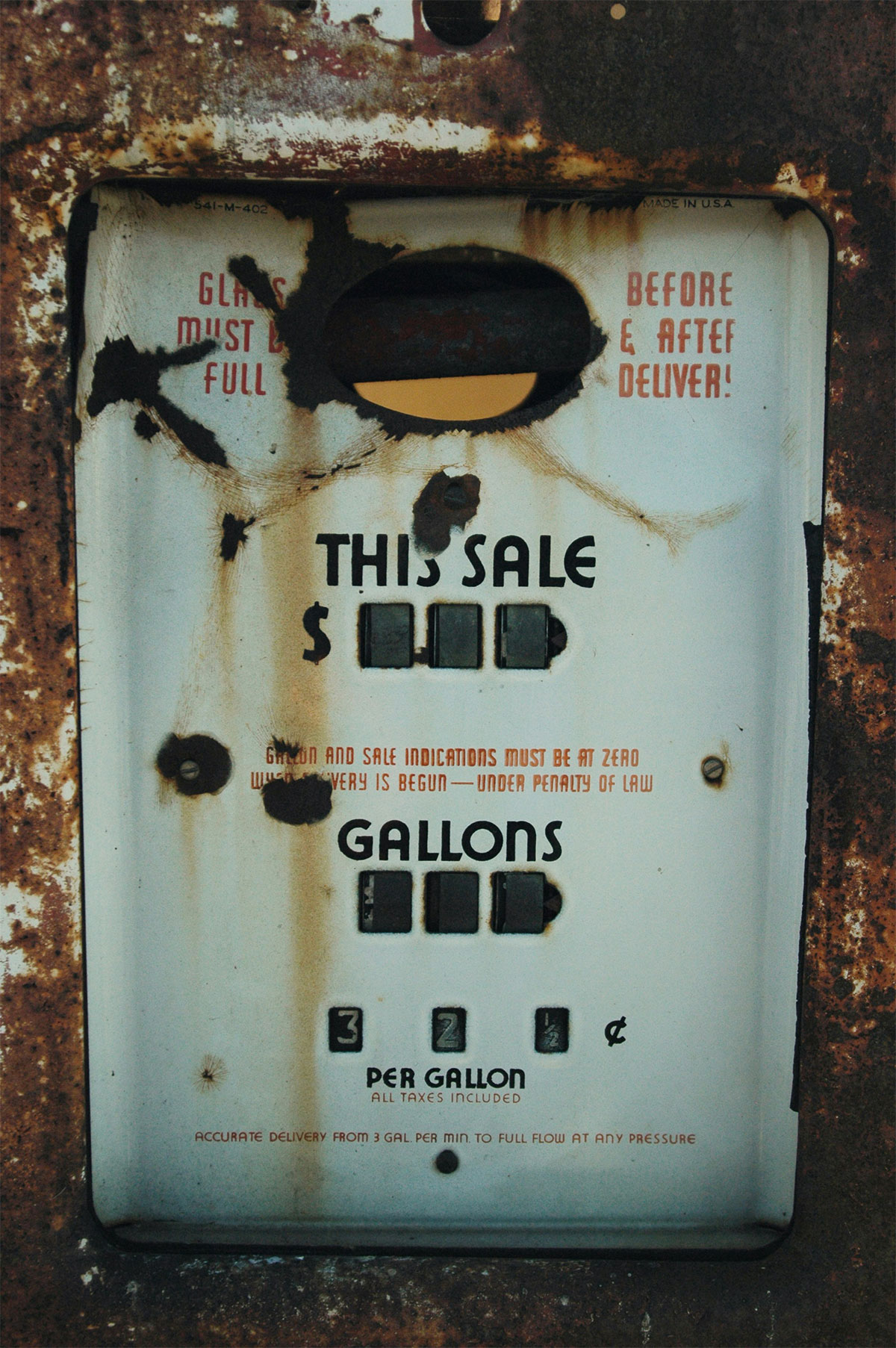
How Much Does A Gallon Of 93 Octane Gas Weigh
Octane measures knock resistance, not mass. While premium recipes vary, gasoline weight per gallon for 93 octane stays within normal ranges and doesn’t prove higher energy. Performance comes from using the correct octane for your engine, as specified in your manual. If regular is recommended, the weight of gasoline per gallon in premium won’t increase your range. The key is fit, not heft. This clarifies how much does gasoline weigh per gallon for premium and busts myths about mass and power.
Do Ethanol Blends Change How Much A Gallon Of Gas Weighs
Yes, ethanol is denser than straight gasoline. This means E10 and E15 blends slightly increase gasoline weight per gallon. E85 raises the weight of gasoline per gallon even more, though its energy per gallon drops. These facts help answer how much does a gallon of gas weigh in blended markets.
Blends impact range and loading plans. While the gallon of fuel weight increases slightly, fuel economy can decrease. This distinction keeps what does gasoline weigh per gallon separate from energy content, aiding honest trip planning.
Need precise, temperature corrected gasoline weight for audits?
Generate standard temperature density, convert liters to gallons, and export a tidy record for logs or custody transfer paperwork. Keep documentation consistent and ready for review.
Does Temperature Affect How Much A Gallon Of Gas Weighs
Absolutely! When gasoline heats up, its volume expands, which means its gasoline weight per gallon goes down. Conversely, when it cools, the volume contracts and the weight of gasoline per gallon increases. To ensure fairness in trade, gas stations and carriers use temperature-corrected measurements. This system helps standardize answers to how much does a gallon of gas weigh, making it consistent throughout the year.
Meters and tables are used to convert the observed gallons into standard gallons, and then the density is calculated to determine the weight. This process ensures consistent gasoline lbs per gallon and a repeatable gallon of fuel weight for all custody transfers and audits, protecting both buyers and sellers.
What Factors Influence The Weight Of Gasoline
The overall gasoline weight per gallon is primarily determined by its blend composition. While seasonal variations and different components can cause slight fluctuations, the octane rating of gasoline affects its knock resistance, not directly the weight of gasoline per gallon.
Interestingly, ethanol will increase the gas weight per gallon, but it also lowers the energy content per gallon. Any other additives have only a minor impact.
For precise fueling information, please reach out to our team. We can explain how much does a gallon of gas weigh and use this data to make informed decisions about storage and routing. We also align the gallon of gas weight with your specific equipment needs to ensure safer and cleaner operations.
How Can I Calculate The Weight Of Gasoline In My Car’s Tank
The steps for quick measurement as;
- Determine the number of gallons in the tank.
- Multiply the total gallons by 6.2lbs to estimate the total weight of the gasoline in pounds. (This answers “how many pounds is a gallon of gas” for a general estimate.)
- Add the container’s mass.
- Record the final weight.
For precise measurements, the steps are as follows;
- Correct the gasoline volume to a standard 60F.
- Apply the appropriate reference density to determine the exact “gasoline weight per gallon.”
- Note the ethanol content, if any.
- Recalculate the weight seasonally as needed.
- Following these steps clarifies “how much does gasoline weigh per gallon,” establishes the “weight per gallon of gasoline,” and maintains a consistent “gallon of fuel weight.”
How Accurate Are Fuel Weight Estimates Per Gallon
For most everyday uses, you can consider 6.2lbs to be the gasoline weight per gallon. Slight shifts in temperature and ethanol content will modestly affect this, but 6.2lbs is a good general answer to how much does a gallon of gas weigh for your trips.
However, for critical work, you’ll need to be more precise. In these cases, it’s best to use a corrected volume and certified density to accurately determine the weight of gasoline per gallon. Industries like aviation and marine, for example, require very tight gasoline lbs per gallon values. This attention to detail helps stabilize the gallon of gas weight and prevents any risk of overload.
Why Is The Weight Of Gasoline Important For Transportation And Storage
Maintaining structural integrity and stability in vehicles and equipment hinges on accurately calculating the weight of gasoline per gallon. Miscalculations can strain axles, decks, and racks, potentially leading to equipment failure. Precise gasoline weight data also enhances stopping distances and informs optimal route planning, providing a clear answer to “how much does a gallon of gas weigh” for every journey.
Regulatory bodies and insurers mandate adherence to industry standards. Employing temperature correction and reference density measurements ensures reliable gallon of fuel weight calculations. This practice is crucial for successful audits, efficient inventory management, and ultimately minimizes disputes, delays, and costs for fleets and operational sites.
If Gasoline Weighs 6 Pounds, How Does It Create 20 Pounds Of CO2
When gasoline burns, it combines with oxygen from the air. The carbon in the fuel then joins with this oxygen to form carbon dioxide. This added oxygen is why the final combustion products have a larger mass than the original gasoline. In fact, a typical gallon of gasoline produces about 8,887g of carbon dioxide. This helps clarify how much does a gallon of gasoline weigh compared to the final products of combustion.
Essentially, the mass of the fuel plus the mass of the oxygen equals the mass of the products. This connection between chemistry and gallon of fuel weight discussions ensures that claims are accurate.
What Is The Difference Between Gasoline Weight And Gas Volume
Understanding how fuel properties change with temperature is crucial for accurate measurements. Here’s a look at gasoline weight per gallon and gas volume:
| Feature | Gasoline Weight per Gallon | Gas Volume |
|---|---|---|
| Definition | The heaviness of a gallon of gasoline, which varies with temperature. | The amount of space a quantity of gasoline occupies. |
| Temperature Effect | Warm fuel expands and lowers gasoline weight per gallon. Cold fuel contracts and raises weight of gasoline per gallon. This explains how much does a gallon of gas weigh shifts. | Volume increases with warmth and decreases with cold, although trade practices correct to sixty degrees. Consumers can use a gallon of gas weight of 6.2 pounds for planning. |
| Measurement Basis | Directly affected by density changes due to temperature. | Measured by the space it fills, often adjusted for temperature to a standard. |
How Much Do Other Fuels Weigh Compared To Gasoline
Ever wonder how much a gallon of gas weighs? This table offers quick planning numbers, comparing various fuels at approximately 60F.
Here’s a breakdown of typical per gallon weights for different fuels: Gasoline comes in at about 6.2lbs, diesel at 7lbs, water at 8.3lbs, ethanol at 6.6 pounds, kerosene at 6.8lbs, jet fuel at 6.7lbs, and liquid propane at 4.2lbs. It’s always a good idea to confirm site-specific values, as these figures are essential for understanding gasoline weight by gallon, gallon of fuel weight, and weight per gallon of gasoline in field applications. Knowing these weights is also crucial when calculating the capacity and structural integrity required for storage tanks, ensuring they can safely contain the intended fuel volume.
Does Gasoline Weigh More Than Other Automotive Fluids
Most automotive fluids are heavier. Coolant sits near water, eight to nine pounds. Oil is around seven pounds. Transmission fluid is similar. So the weight of a gallon of gas is lower than many shop fluids, and volatility is higher.
These facts support safer lifts and storage. They also answer how much does a gallon of gas weigh in service bays, guiding hose selection, containment, and labels for home garages and fleets.













